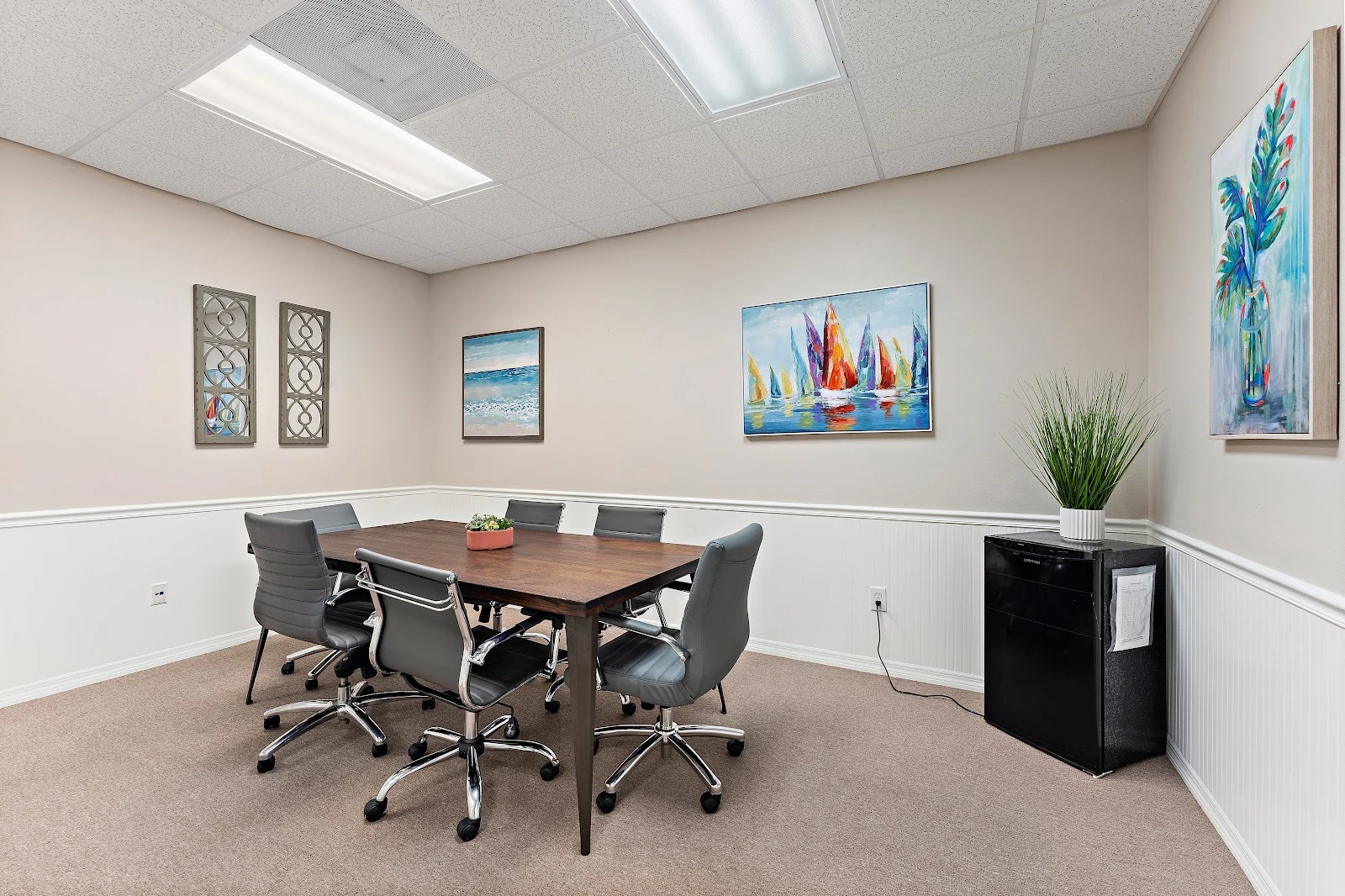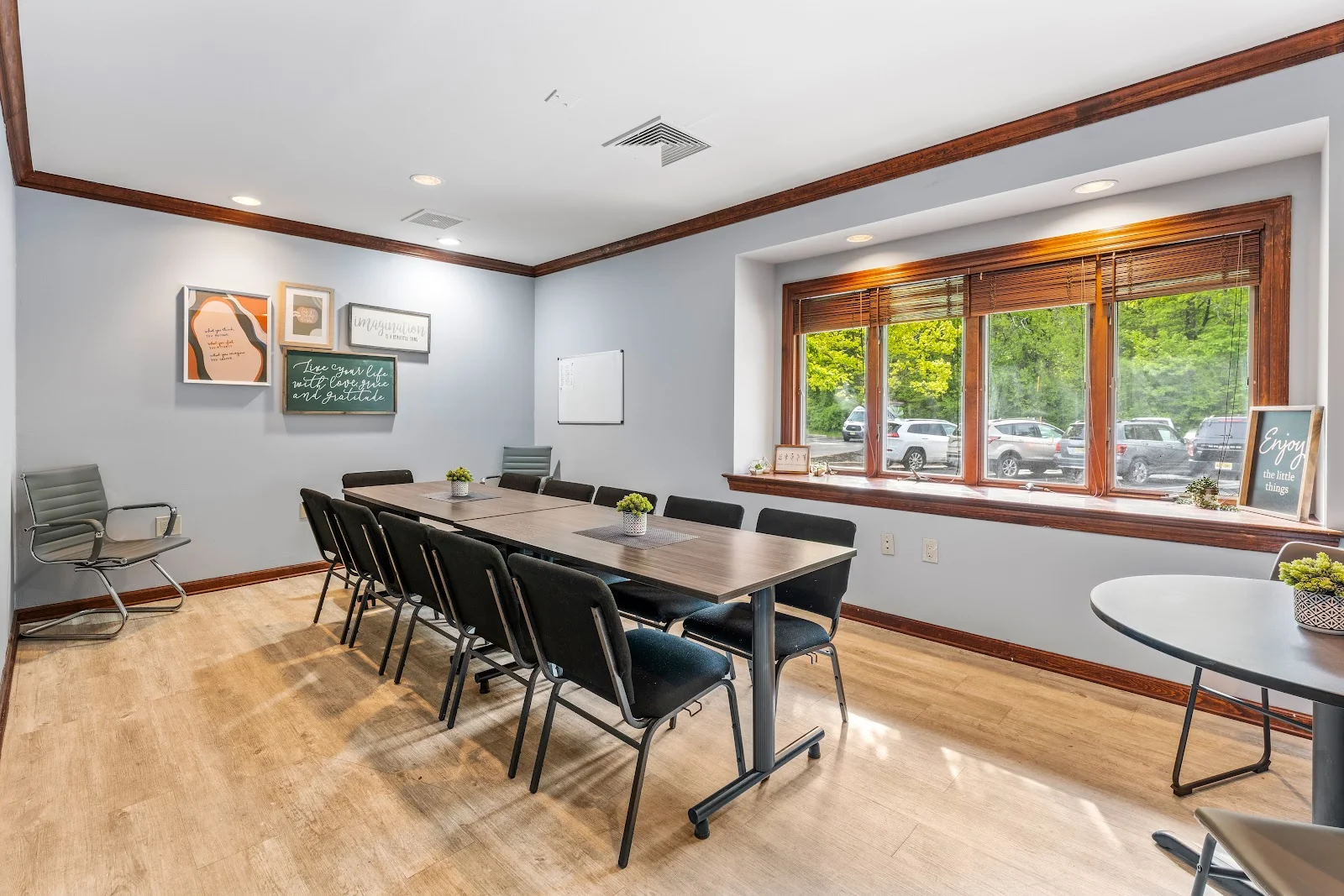Life Help Mental Health Center - Washington County Information
Treatment
Who We Treat
- Young Adults (18–25)
- Adolescents
- Children
- Older Adults
- Male and Female
Conditions We Treat
- Anger
Languages
- English
Aftercare
- Outpatient Treatment
- Employment Counseling
- Continuing Care
- Support Meetings
Level of Care
- Outpatient
Accreditations
-
State mental health department
State mental health department accreditation refers to the process of evaluating and certifying the quality and standards of a state's mental health department, ensuring that it provides high-quality services and meets specific criteria for mental health care. The accreditation process is performed by a third-party organization and helps to improve the overall care and treatment of individuals with mental health conditions.
Additional Locations
Find the best treatment options. Call our free and confidential helpline today!




